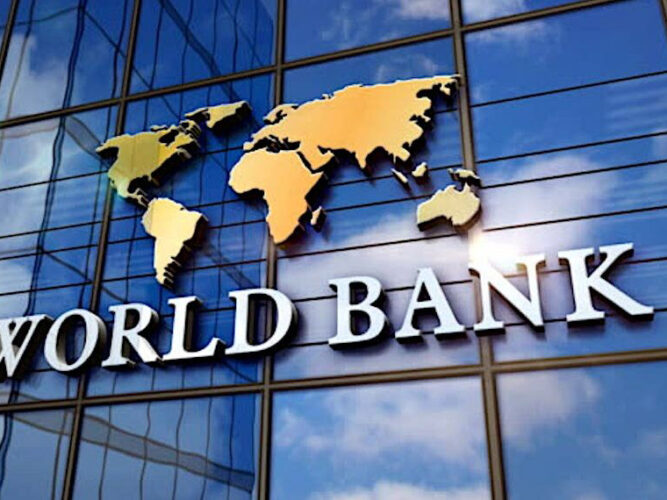It can use the approximately $24 billion in loans and grants the World Bank has announced for some of the world’s poorest countries to create a record $100 billion in total spending power.
Ajay Banga, president of the World Bank Group, signed a statement on Thursday stating that donor nations had pledged $23.7 billion to replenish the International Development Association (IDA), the organization’s concessional lending arm.
Compared to the approximately $23.5 billion committed during the previous fundraising cycle three years ago, this year’s contribution represents a minor gain.
We have traversed a very difficult global environment over the past year, one characterized by economic instability, mounting debt, climate shocks, and an unrelenting demand for human progress. But in the midst of these difficulties, something extraordinary has happened: a team effort motivated by the conviction that we can and must do better for the most vulnerable people on the planet.
We are pleased to present the outcome of that endeavor today. The 21st replenishment of the International Development Association (IDA) has raised $24 billion in donor contributions, the result of months of collaboration, negotiation, and steadfast dedication from our donor community.
“This $24 billion will result in a total of $100 billion in affordable financing—the greatest replenishment in IDA’s history—thanks to its special leveraging strategy. The statement partially stated, “This is made possible by donor generosity as well as the work we have done to better optimize our balance sheet, take on more risk, and increase our leverage capacity.”
On October 20, 2024, on the third day of a severe power outage in Havana, people wait in line outside a store for food. – Hurricane Oscar made landfall in the eastern Cuban town of Baracoa as the island was getting ready for its third night of a blackout, which the authorities tried in vain to end. (Image courtesy of AFP/YAMIL LAGE)
The 78 nations “that need it most” will receive the funding, which will be used to support infrastructure, health, education, and climate resilience; stabilize economies, generate employment, and “build the foundation for a better future; and empower nations to navigate an uncertain world and unlock their full potential.”









